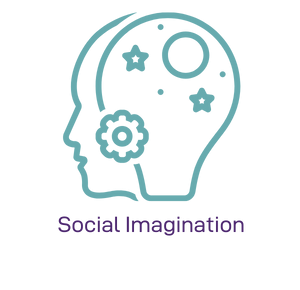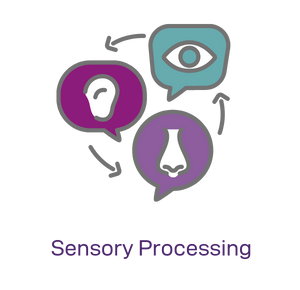Autism
Autism is a lifelong, developmental condition that affects the way a person communicates, interacts and processes information.
What is autism?
What is autism?
Autism is a lifelong neurodevelopmental difference in the way a person communicates, interacts and processes the world around them.
There are more than 1 in 100 autistic people in Scotland. Every autistic person has skills, talents and aspirations. Whilst some people will have subtle differences in their thinking and processing style, others will have more complex needs requiring more intensive support.
Autism is typically diagnosed in childhood however a large number of people aren’t diagnosed until adulthood. This can be for a variety of reasons, and is a very personal decision. During the diagnostic process, diagnosticians will look for key developmental differences that usually occur thoughout childhood. Everyone develops differently and at their own pace, however there are key areas of a person’s development that indicate if they are autistic. This includes how the person interacts, communicates and processes the world around them.
Being aware of an autistic person’s developmental profile helps to us to gain a deeper understanding of the person and how to offer support. Being autistic is an important part of someone’s identity.




